USA Pro Challenge future remains uncertain
Race CEO compares event to a freight train that can’t be stopped, but he couldn’t guarantee its return next year
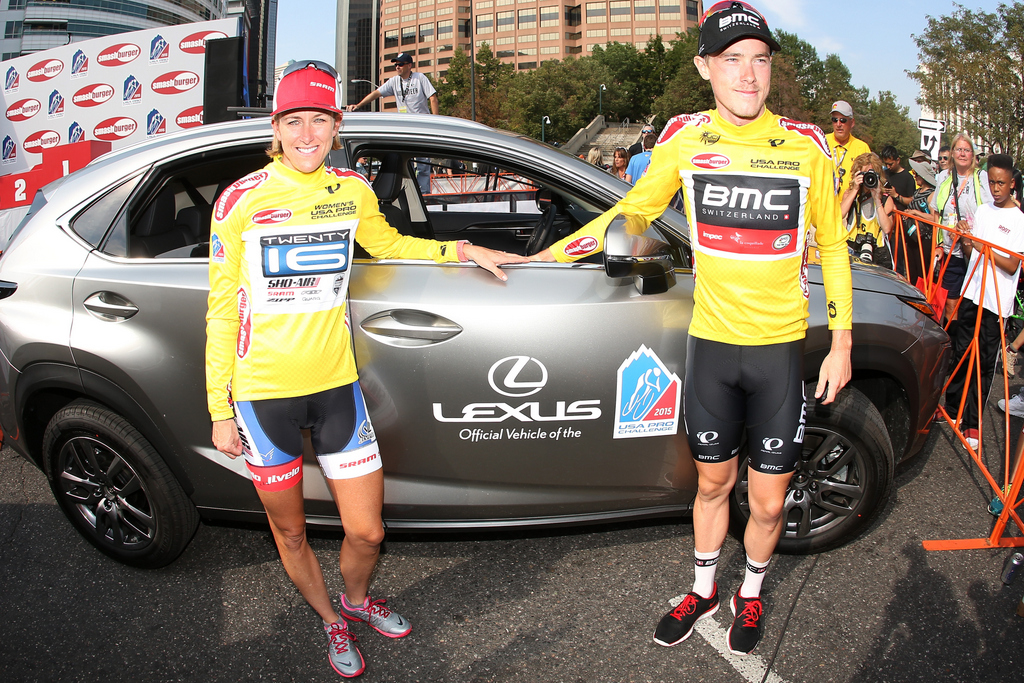
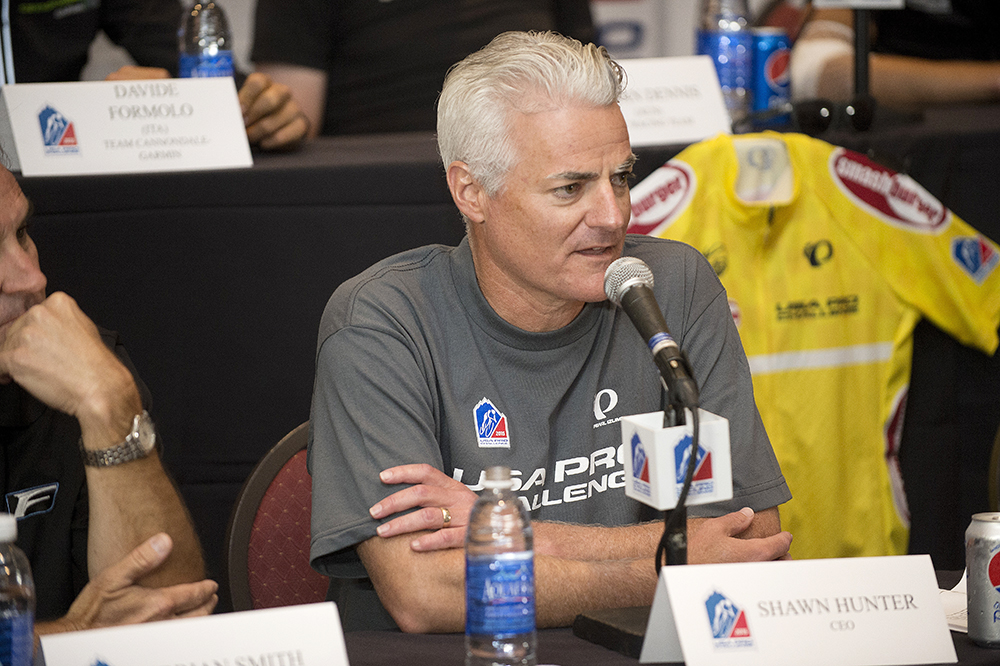
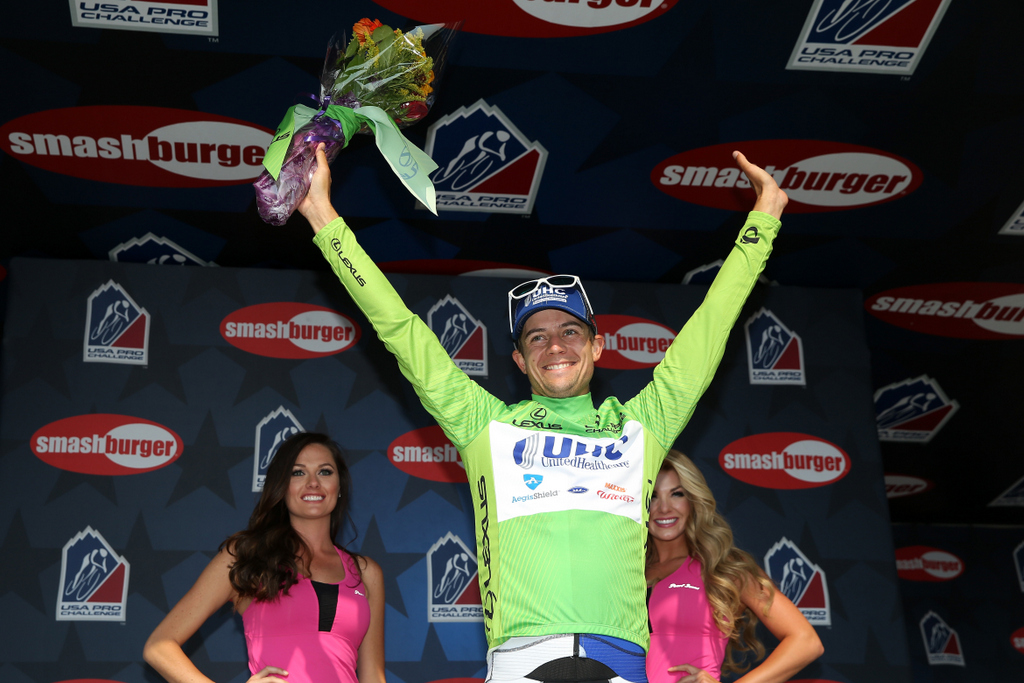
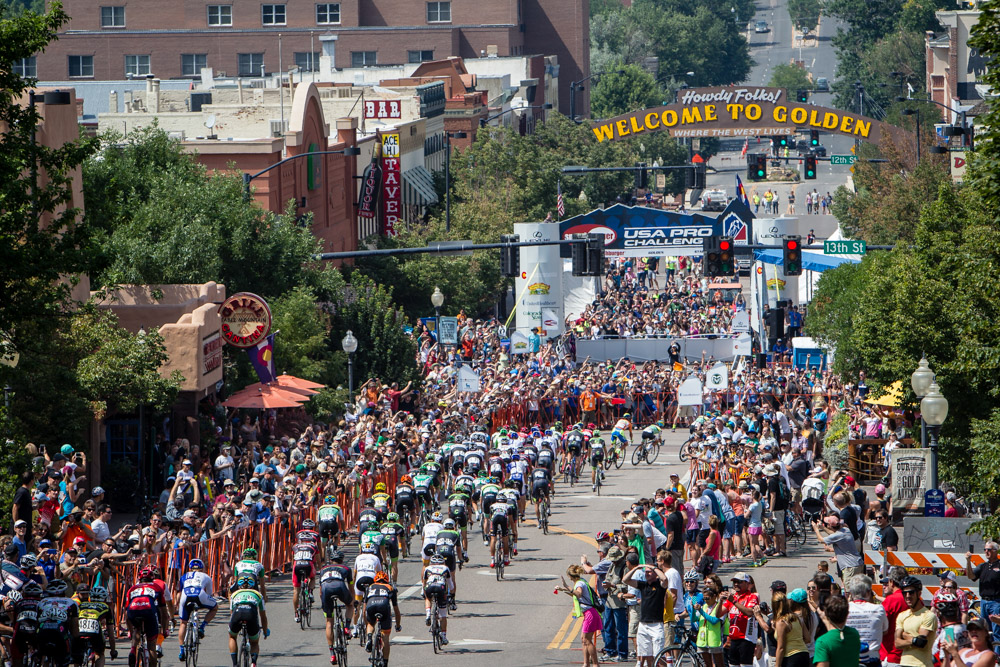
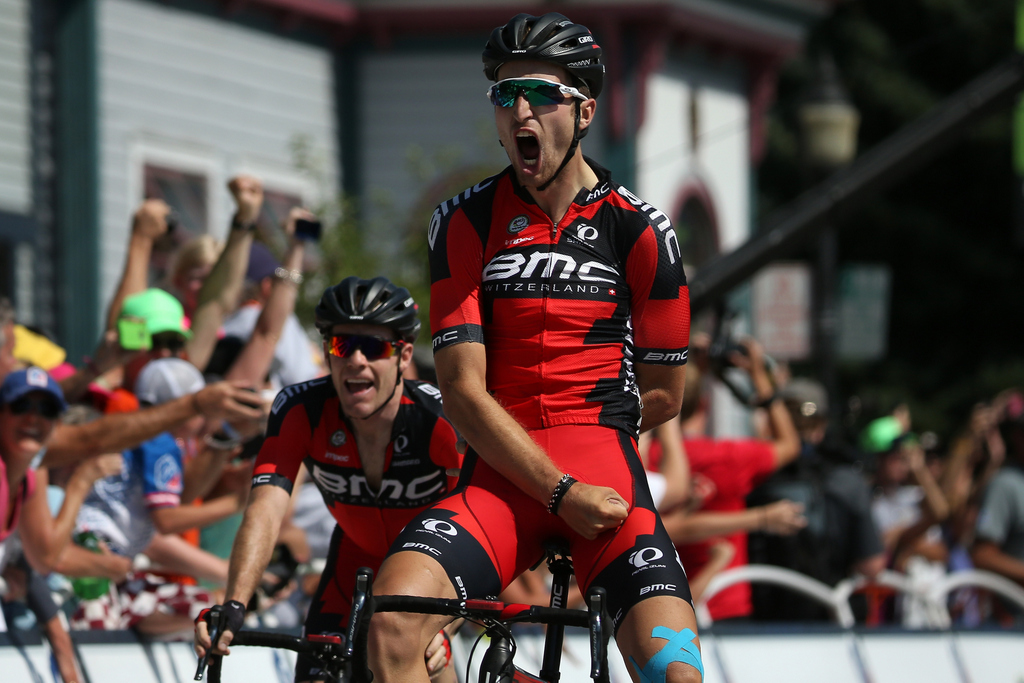
USA Pro Challenge CEO Shawn Hunter admitted on Sunday that he could not guarantee the Colorado race would return next year, saying his team would evaluate the event’s progress over the next couple of months before a final decision is made.
Hunter replied “no” when asked if he could definitively say the race would return, but then described the race as a freight train that can’t be stopped.
“I think that’s what’s been created here by the state of Colorado and the communities,” he said. “My job is to stay on board and keep driving.”
The 2015 edition, which added a three-day inaugural women's race this year, marked the fifth year of the race that was founded in 2011 by the father-and-son team of Richard and Rick Shaden, owners of Smashburger, Quiznos and Live Basil Foods. When the race began in 2011, organisers said they were operating on a five-year plan toward profitability, but the Denver Post estimated recently that the race lost $2 million this year, down from $10 million in 2011.
Hunter, who remains optimistic abut the event’s future, said this year was the race’s best financial performance to date.
“It’s no secret that in the sport of pro cycling, working towards profitability takes a little bit of time," he said. "But we made a major leap this year, so I’m very proud of that and we owe our staff, our communities and our investors a big thank you.”
Without a title sponsor, the Shaden’s have borne the brunt of the race’s financial losses, estimated by the Denver Post to be at least $20 million.
The latest race content, interviews, features, reviews and expert buying guides, direct to your inbox!
A report in the Denver newspaper on Saturday said that because the event has become a large generator of revenue and tourism for the state as a whole, the Shadens would like to find more sponsorship dollars and support from the state government and tourism industries.
But the search for a title sponsor has been complicated by the Shaden’s suffering business reputation, which has been clouded by a history of lawsuits from multiple sources, including two hedge funds that are major players in the world of sports marketing, according to the Denver Post report.
Nevertheless, Rick Shaden told the newspaper that the organisers' goal is to keep the race going, and they are very “open minded” about how to do that. At the post-race press conference on Sunday in Denver, Hunter said his goal is to be in a position to announce the 2016 host cities in November or December.
“So what I’m going to do tonight is probably a little bit of rehydrating, other than water, and then get up, go in and finish my thank you notes to all the people who made this happen,” he said. “And then we’re going to take the last part of August and the early part of September to analyse what we just did and what we can do better, plotting the next steps for 2016.”
Among the racers at the press conference, points competition leader and stage 3 winner Kiel Reijnen (UnitedHealthcare) went out of his way to support the race.
“I would be remiss, too, if I didn’t mention that at the start of this race all of us got an envelope with a thank you letter handwritten by Shawn thanking us for being at the race,” he said. “That’s something you don’t see at a lot of races, so I have complete confidence that these guys are going to continue to make the race happen and do a phenomenal job with the race.”
Growing up in Missoula, Montana, Pat competed in his first bike race in 1985 at Flathead Lake. He studied English and journalism at the University of Oregon and has covered North American cycling extensively since 2009, as well as racing and teams in Europe and South America. Pat currently lives in the US outside of Portland, Oregon, with his imaginary dog Rusty.